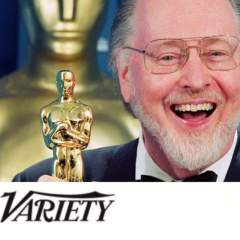Rate "Harry Potter and the Prisoner of Azkaban"!
Rate "Harry Potter and the Prisoner of Azkaban"!
50 members have voted
-
1. The score.
-
5 stars30
-
4.5 stars13
-
4 stars6
-
3.5 stars1
-
3 stars0
-
2.5 stars0
-
2 stars0
-
1.5 stars0
-
1 star0
-
Not familiar.0
-
-
2. The movie.
-
5 stars9
-
4.5 stars16
-
4 stars15
-
3.5 stars5
-
3 stars2
-
2.5 stars1
-
2 stars1
-
1.5 stars0
-
1 star0
-
Not familiar.1
-
-
3. Which of these cues (used in the movie proper) do you like best?
-
Aunt Marge's Waltz2
-
Buckbeak's Flight22
-
Snowball Fight1
-
Quidditch, Third Year5
-
The Werewolf Scene1
-
Saving Buckbeak4
-
Secrets of the Castle6
-
The Knight Bus0
-
Finale5
-
Other4
-


Recommended Posts
Create an account or sign in to comment
You need to be a member in order to leave a comment
Create an account
Sign up for a new account in our community. It's easy!
Register a new accountSign in
Already have an account? Sign in here.
Sign In Now